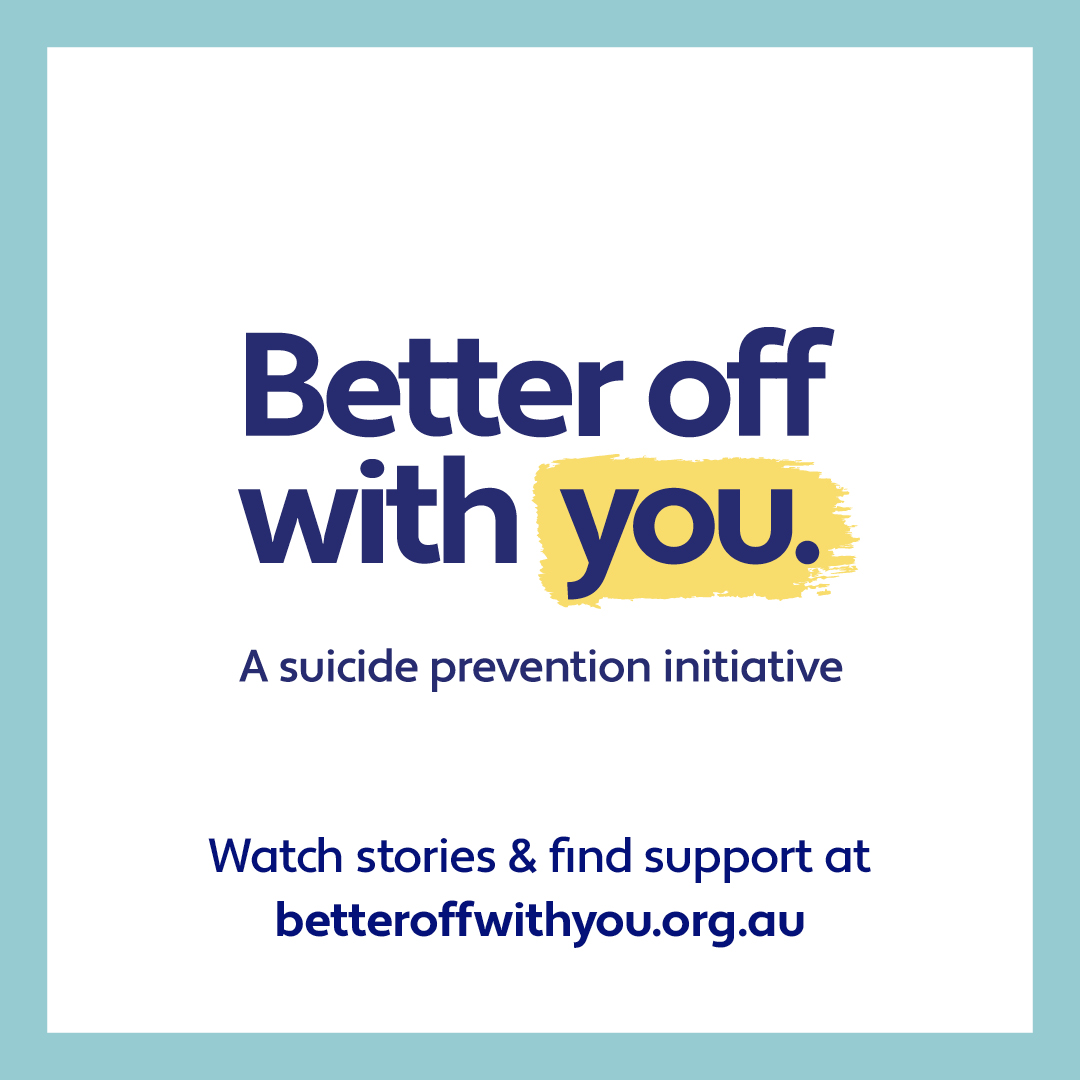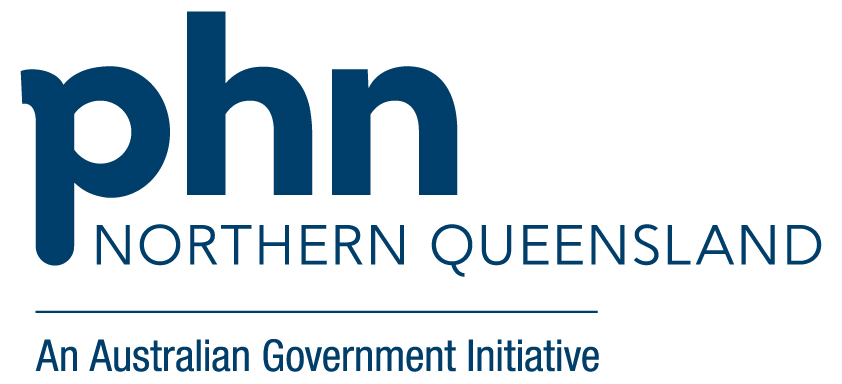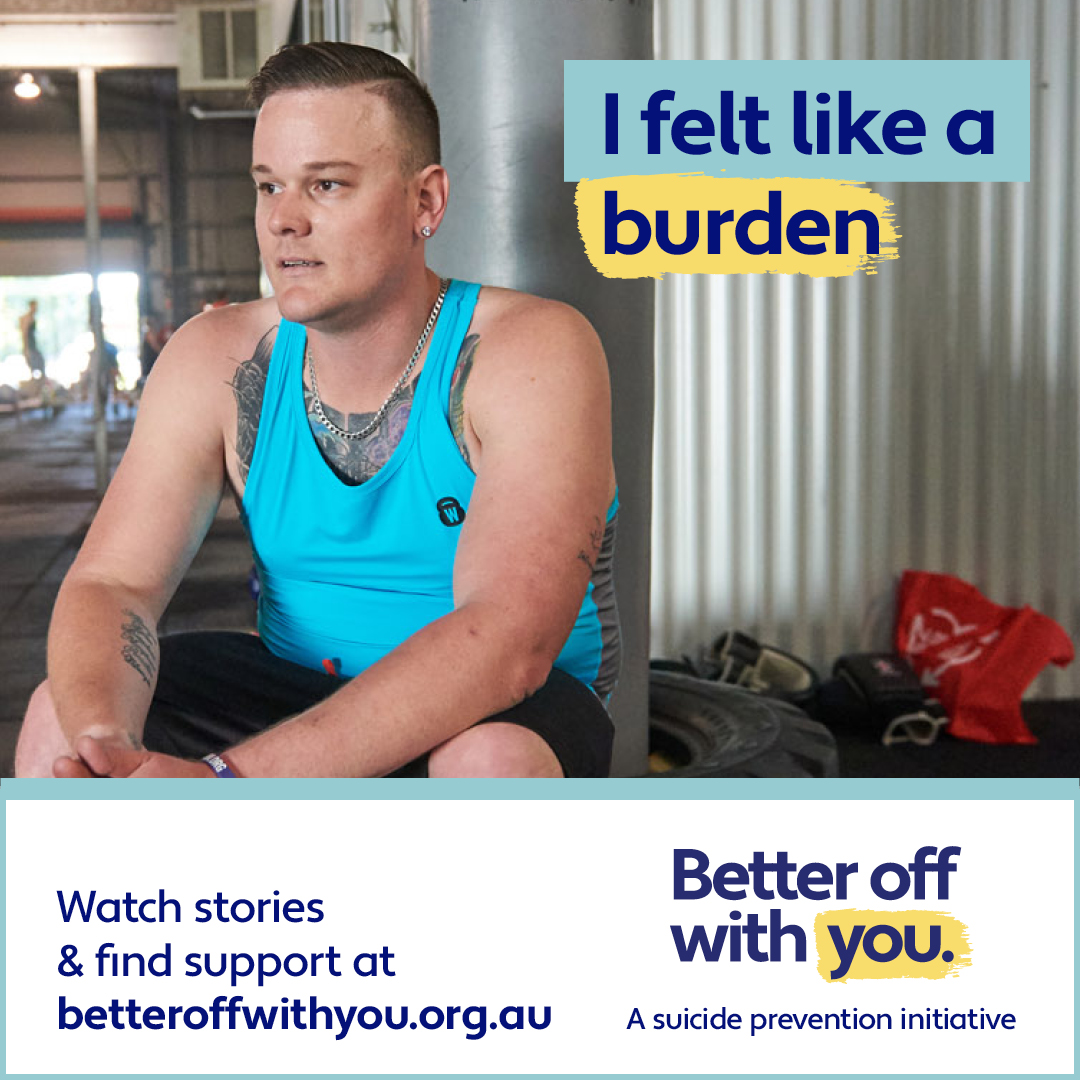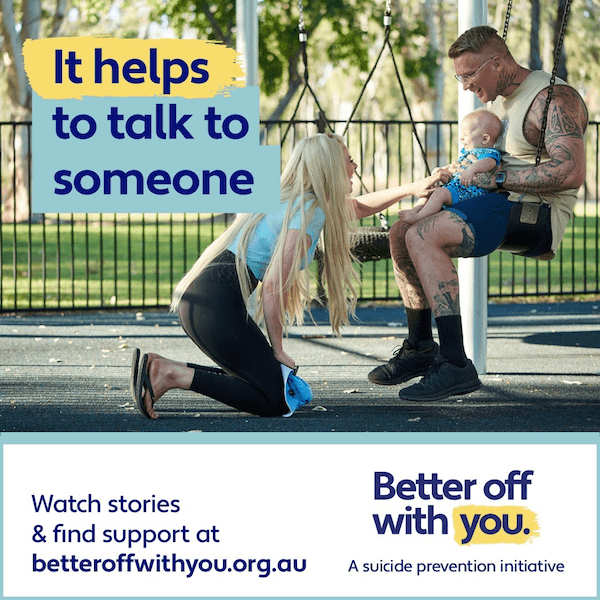What’s Real Mates Talk?
Around three-quarters of the people who die by suicide in the Whitsunday, Isaac and Mackay region are men. These men are aged from teenagers to the elderly – they are our brothers, sons, husbands, workmates, friends and neighbours.
The Real Mates Talk men’s campaign intends to prevent suicide attempts and deaths of men in our community and support them to connect with others and live well. Across the region, many men have put their hand up to be an Ambassador for this campaign – scroll down to see them below. If you want to join us, let us know!
With Real Mates Talk, these men aim to:
- Encourage men in their community to ask “What’s up mate?”
- Encourage men (and women) to ask for help
- Support them to have places to go to connect with others
Starting a conversation with your mates
Starting the conversation with your mates
Mental Health is in the forefront of people’s minds given the COVID-19 pandemic, however Aussie men can benefit by paying more attention to their own mental health and the mental health of their mates. Here are some tips for having a conversation with your mates;
- If you’re worried speak up. If you have concerns about one of your mates or their mental health, speak up. The best way to clarify what’s going on for them is to ask.
- Do something while you say something. Some of us are uncomfortable with sitting opposite someone talking about their feelings. It might be easier for your mate to open up to you if you are doing something side by side or talk while undertaking an activity with your hands. Some great activities are fishing, working on something in the shed or on the car, go for a walk, head out for a dirve or watch sports etc.
- Pick your time and place.When you are planning to have a conversation, pick somewhere fairly private and comfortable. Make sure you won’t rush and have time to listen.
- Don’t expect to fix everything yourself. Speaking to a mate about their mental health doesn’t mean you need to fix their problems. Mental health is complex and cannot be entirely fixed with one conversation. But giving someone an opportunity to open up, listening to them and showing that you care might help them to feel supported, and encourage them to get further help if they need it.
- Ask for help. There are lots of resources online and offline which you can use to help someone else. See our resources and information section for section for more details. If you are speaking to someone in crisis please call 000 or 1300 MH CALL (1300 642 255).
- Look after yourself. It’s important to look after yourself when you are supporting someone else. Before you start a conversation make sure you are okay and are in a good headspace. Afterwards make sure you have support to debrief if you need it.
To find out more about starting a conversations with your mates – click here
Tips for taking care of yourself and your mates
Why is taking care of yourself and your mates important?
- Our health gets better
- Our mental health is in better shape
- We are simply more available and present for our loved ones.
- Our stress levels decrease, negating the negative impacts of stress
- Our levels of resilience are much higher
- Our ability to access higher levels of creativity and clear thinking are enhanced
- We simply perform better
- We become a role model – we give permission to other men AND the next generation to put self care high on the agenda.
- Many of the issues that we face in society would be alleviated if we simply put good self care higher on the agenda!
Some tips for taking care of yourself and your mates
- Reconnect with your hobbies.
- Live healthy – eat well, exercise your body, get enough sleep, avoid alcohol and drugs.
- Spend time with your mates and your loved ones.
- Do something you enjoy everyday – something that is just for you.
For more information – click here.
How will we support men in our community?
To achieve the goals of the campaign, Real Mates Talk will:
- Work with a team of Ambassadors across the Whitsunday, Isaac and Mackay region who will share information about how to ask for help and where to get it.
- These men will also act as role models for breaking down stigma, raising community awareness and making sure men know what supports are available to them.
- Conduct a survey to gather baseline data of if/how people in our community access help for mental health and suicidal concerns.
- Develop and share resources (such as the Saving Lives infographic) about how to respond to a crisis and stay physically and mentally well.
- Provide a Training Register with information about how we can all develop skills to talk with someone in a crisis situation.
- Make presentations at community events and in workplaces, in partnership with other organisations.
- Support sporting clubs and other community groups to know how to identify and respond to concerns.
How can I get involved?
There are many ways you can help to prevent suicide in our community, such as:
- Becoming a Real Mates Talk Ambassador – contact us and we’ll give you more details.
- Liking and sharing posts on the Real Mates Talk Facebook page in your personal and work networks, particularly posts about our Ambassadors.
- Participating in a workshop to develop your suicide prevention skills (more info is in the SPCAP Training Register).
- Letting us know about any events in your community we could participate in.
- Register your interest for a presentation at your workplace, sporting club or community group.
- Sharing information from Real Mates Talk website and Facebook page with colleagues, family and friends about mental health, so you shatter stigma and bust myths.
How can I support the men around me – my son, brother, father, friend, husband?
There are also many simple things you can do every day for the men around you so they stay mentally well, such as:
- Stay connected with the men in your family, work or social groups, and encourage them to connect with others. Text or phone each other, catch up for a drink, go fishing, watch the footy, take your kids for a bike ride, have a barbeque…
- Notice what’s happening for the men around you. There may have been a particular event that can impact their mental health, such as problems in their family, separation from their partners and children, financial trouble or health issues.
- Even without any particular event you know of, notice other changes for the men around you. This could be changes in their mood, or if they are spending more time alone, drinking more often or becoming more withdrawn.
- Reach in and simply ask “What’s up mate?” Then just listen and be there for the person. You don’t need to give advice or have any answers.
- If needed, support the person to get more help, which could be supporting them to talk to a family member, making an appointment with a GP, giving them a resource with other contact numbers (such as the Saving Lives infographic) or phoning a helpline.
- Complete a suicide prevention workshop (click here to find one in our region) so you have the information and skills you need to respond to a crisis.
- If you’re not comfortable having this conversation, support the person to link with someone else who can.
Real Mates Talk Out and About

Better Off With You is a pilot initiative delivered by SANE Australia, and is supported by funding from the Australian Government Department of Health.
The Mackay, Whitsunday and Isaac region is one of two communities chosen for the targeted pilot campaign. The other is the Northern Beaches in Sydney. The Mackay, Whitsunday and Isaac campaign features three real stories told by local people with experience of suicidal thoughts and attempts.
Better Off With You aims to speak directly to people feeling suicidal, and seeks to challenge the perception that they are a burden on their family, friends and other people. The campaign will be promoted across social media, radio, print media, outdoor advertising and TV.
The campaign website betteroffwithyou.org.au houses the video stories, support information, a listing of national and local services and an online moderated forum where people can discuss the campaign and share their experiences. The pilot initiative was developed in consultation with local groups and those with lived experience, and includes a research component to ensure the campaign’s safety, measure impact and to inform future national suicide prevention activities.





